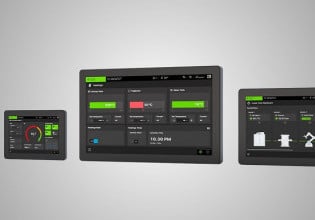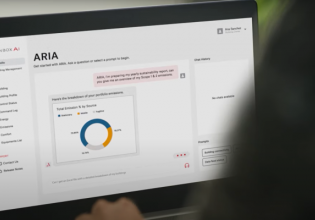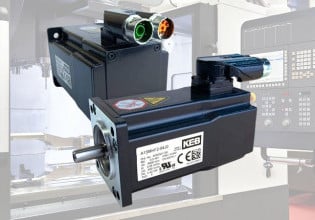B
Hello,
this is my first introduction to this forum. The reason for my first appearance is a series of event. We recently shutdown our Frame-5 gas turbine with MARK-V control system for routine maintenance. An observation came up during maintenance that some oil was found in atomizing air circuit. Currently gas turbine is only operated on Gas fuel. When gas turbine was operated on Auto mode gas turbine speed went to 14HS and after two minutes it actuated over speed trip at 5600 rpm. One combustors were open oil contents were quite obvious. Atomizing compressor seal was found damaged which caused this oil flow. We plugged the atomizing air circuit and started gas turbine every thing went fine with a successful start up. Now I have two questions
1) Why did acceleration or speed control FSR did not closed the GCV valve if gas turbine was being accelerated by oil? No alarm annunciated in this activity it seems as MARK-V control did not have any answer for this sort of problem. Please explain in detail.
How FSRMIN worked in this acceleration and speed control scenario and if speed is increased by an external fuel what safety is there in control to eradicate this problem, DCS graph showed a continuous increase in Fuel gas flow through GCV.
2) SRV hunting was very obvious from 2 to 9 bar P2 during this activity, Is this over-speed trip due to parallel fuel supply of oil or it can also be caused by SRV hunting and oil is just a diversion.
Thanks
Peg.
this is my first introduction to this forum. The reason for my first appearance is a series of event. We recently shutdown our Frame-5 gas turbine with MARK-V control system for routine maintenance. An observation came up during maintenance that some oil was found in atomizing air circuit. Currently gas turbine is only operated on Gas fuel. When gas turbine was operated on Auto mode gas turbine speed went to 14HS and after two minutes it actuated over speed trip at 5600 rpm. One combustors were open oil contents were quite obvious. Atomizing compressor seal was found damaged which caused this oil flow. We plugged the atomizing air circuit and started gas turbine every thing went fine with a successful start up. Now I have two questions
1) Why did acceleration or speed control FSR did not closed the GCV valve if gas turbine was being accelerated by oil? No alarm annunciated in this activity it seems as MARK-V control did not have any answer for this sort of problem. Please explain in detail.
How FSRMIN worked in this acceleration and speed control scenario and if speed is increased by an external fuel what safety is there in control to eradicate this problem, DCS graph showed a continuous increase in Fuel gas flow through GCV.
2) SRV hunting was very obvious from 2 to 9 bar P2 during this activity, Is this over-speed trip due to parallel fuel supply of oil or it can also be caused by SRV hunting and oil is just a diversion.
Thanks
Peg.






